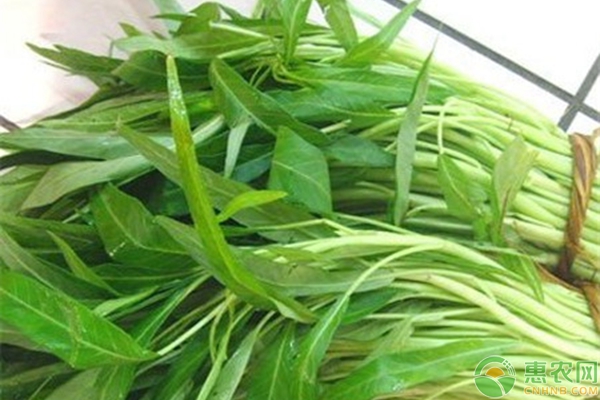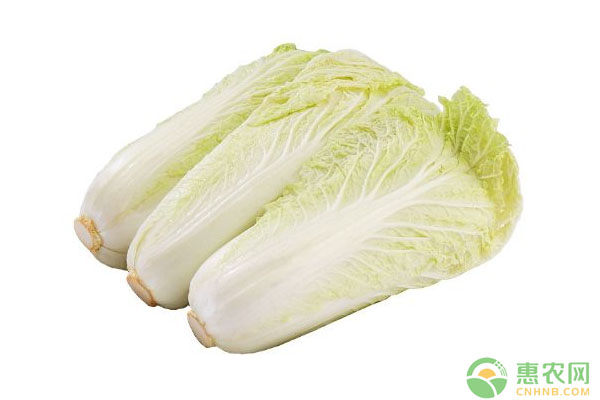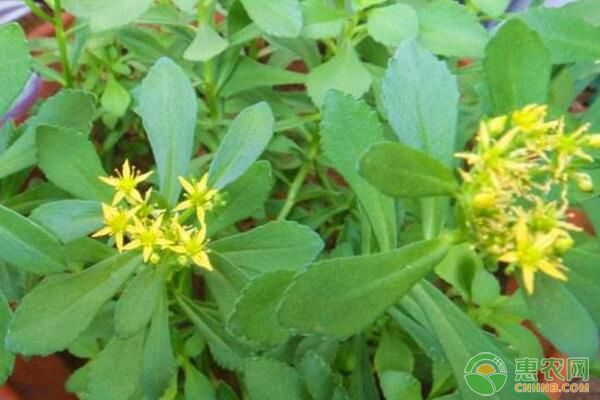
Privacy statement: Your privacy is very important to Us. Our company promises not to disclose your personal information to any external company with out your explicit permission.
Why use non-woven fabrics when producing vegetables? Non-woven fabrics, also known as non-woven fabrics and non-woven fabrics, are new agricultural covering materials composed of polyester fiber polymer compounds. They are moisture-proof, breathable, flexible, light-weight, non-combustible, easy to decompose, non-toxic and non-irritating. Rich in color, low in price, recyclable, etc., it is very popular among art lovers, and can also be used for vegetable production. Next, let's take a look at the use of non-woven fabrics in vegetable production with Xiaobian. .

1. Why should we use non-woven fabrics when producing vegetables?
The non-woven fabric has the advantages of light weight, softness, easy shape, no fear of corrosion, no insects, good ventilation, no deformation, no adhesion, etc., and can be used for 2-3 years. Non-woven fabrics mainly play the role of heat preservation, energy saving and frost protection in vegetable production; dehumidification and disease prevention; adjusting light, shading and cooling; preventing wind, rain, hail and insect pests.

Second, what are the precautions for the use of non-woven fabrics for vegetable production?
Nowadays, non-woven fabrics are gradually expanding in vegetable production. Generally, non-woven fabrics of 15-20 g/m2 can be used for floating surface covering and open surface covering in greenhouses. For example, covered lettuce, leeks, spinach, yellow buds, etc., covered with celery, green vegetables, spinach, etc., not only yield high quality, but also can bring morning market. The non-woven fabric of 30-40 g/m2 can be used as the second insulation curtain in the greenhouse, or covered on the small ring shed, and then covered with agricultural film for heat preservation and seedling, of course, non-woven The cloth is placed in the middle of the second layer of agricultural film and used as a cover for winter seedling insulation.

It should be noted that the following three points should be paid attention to when the non-woven fabric is covered as a floating surface: First, the non-woven fabric should be selected to be relatively light in weight, relatively transparent, and can be lifted as the crop grows; The attention covered on the crop should not be blown off by the wind; the third is to try to cover the night cover and increase the photosynthesis of the crop, especially the floating surface covering in the greenhouse.
Pengarang:
Ms. Vicky
Phone/WhatsApp:
+8613775688538
E-mel kepada pembekal ini
Pengarang:
Ms. Vicky
Phone/WhatsApp:
+8613775688538

Privacy statement: Your privacy is very important to Us. Our company promises not to disclose your personal information to any external company with out your explicit permission.

Fill in more information so that we can get in touch with you faster
Privacy statement: Your privacy is very important to Us. Our company promises not to disclose your personal information to any external company with out your explicit permission.